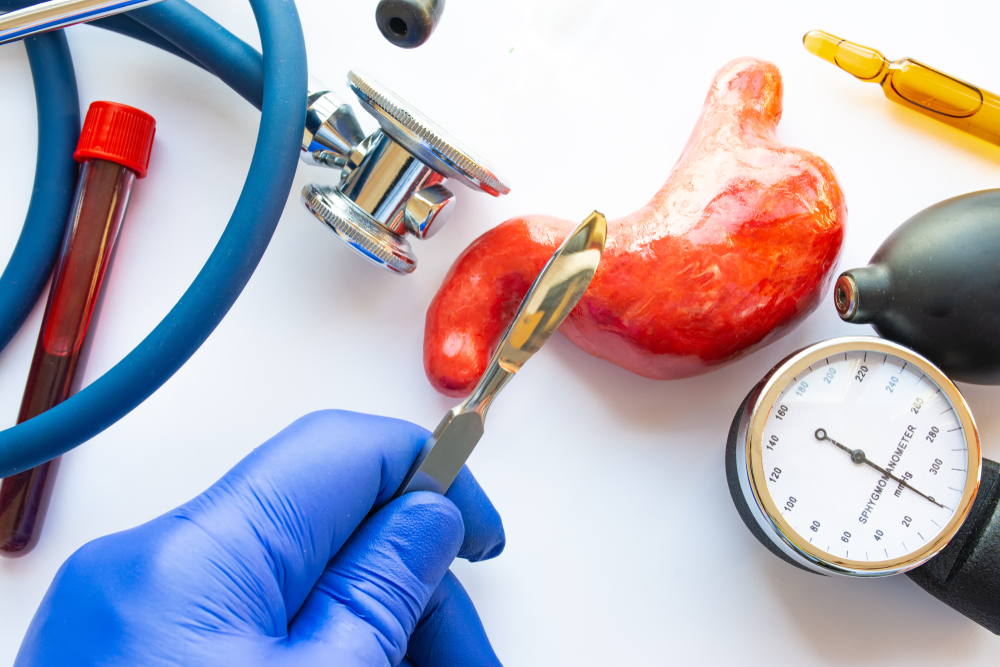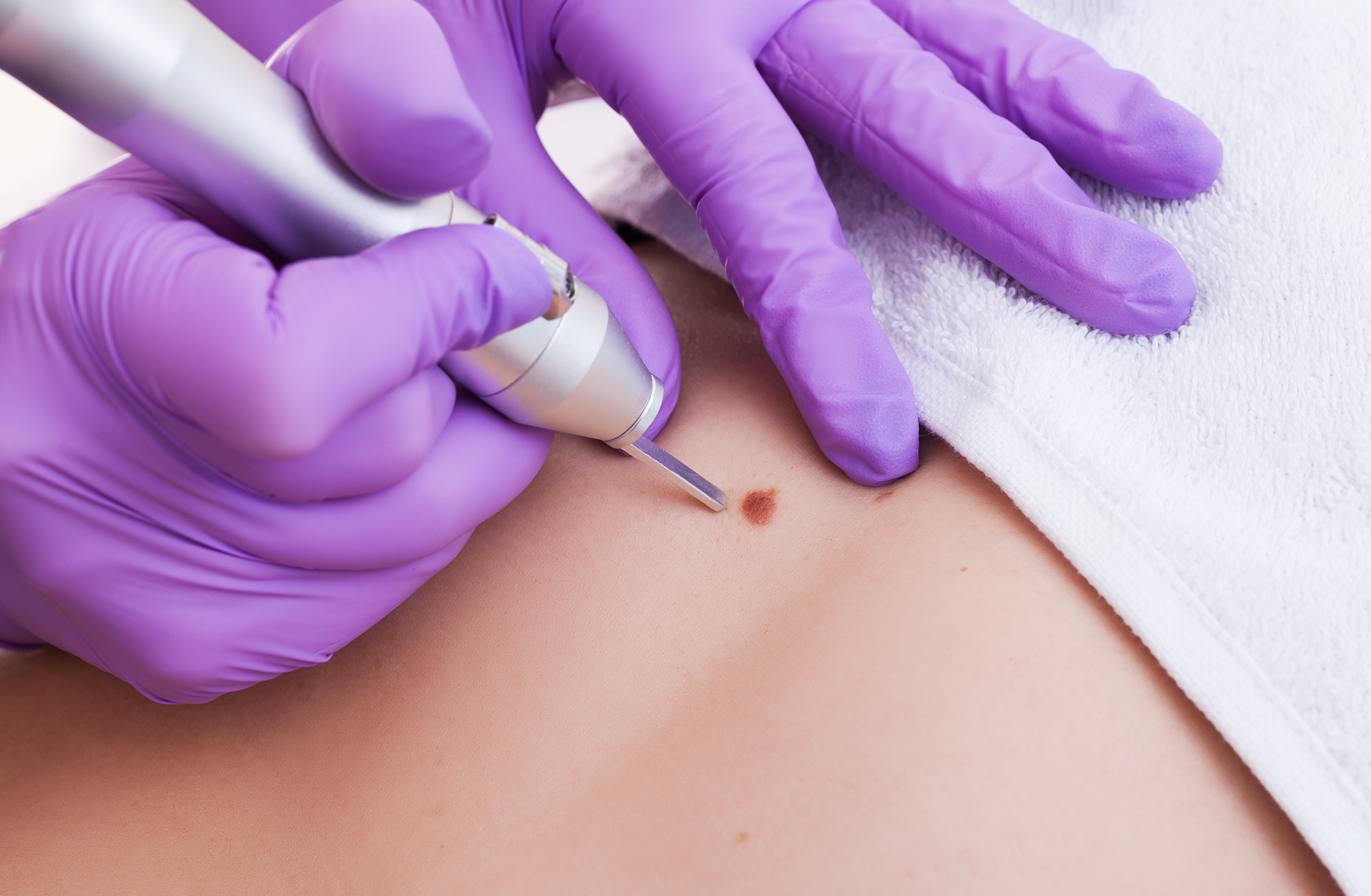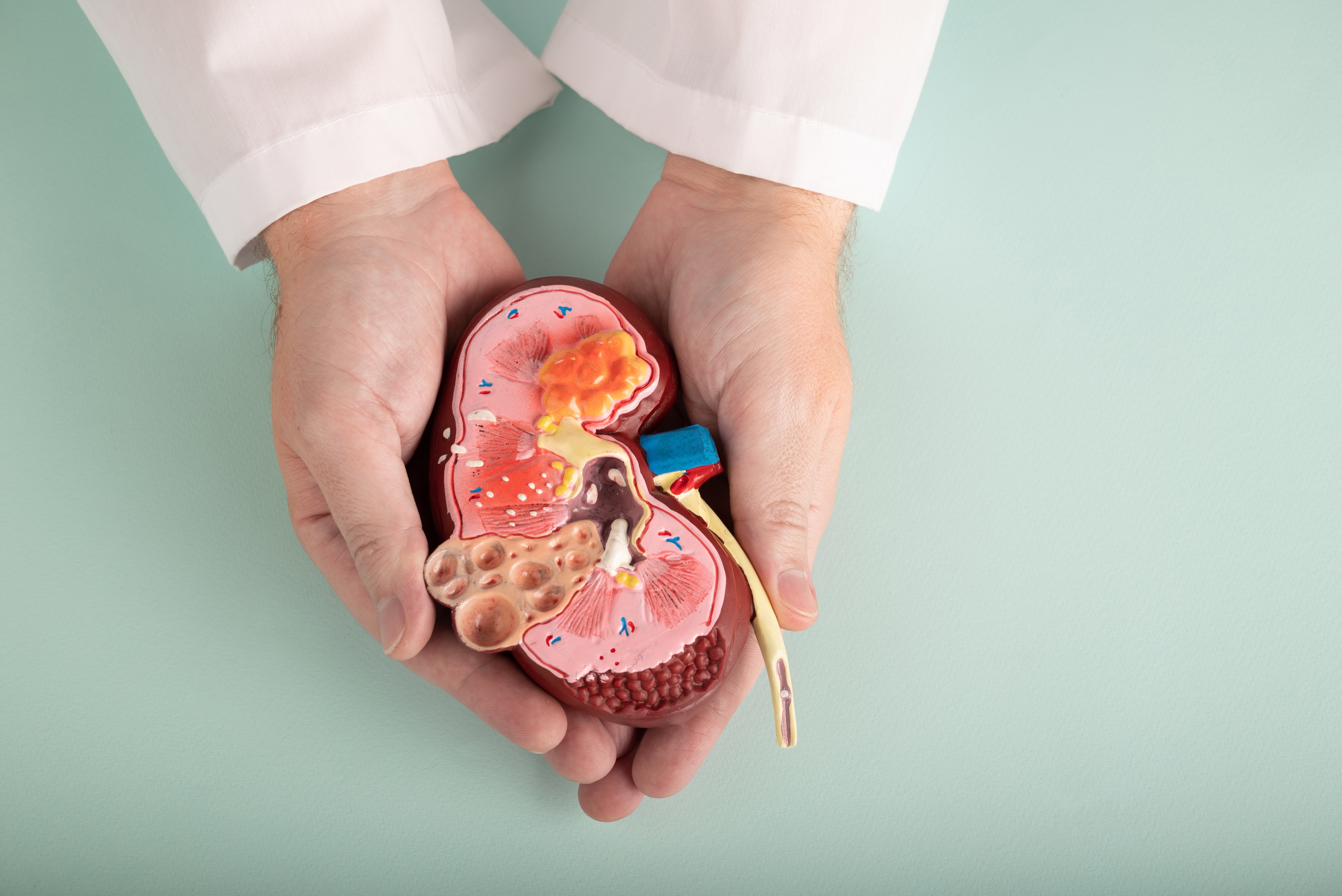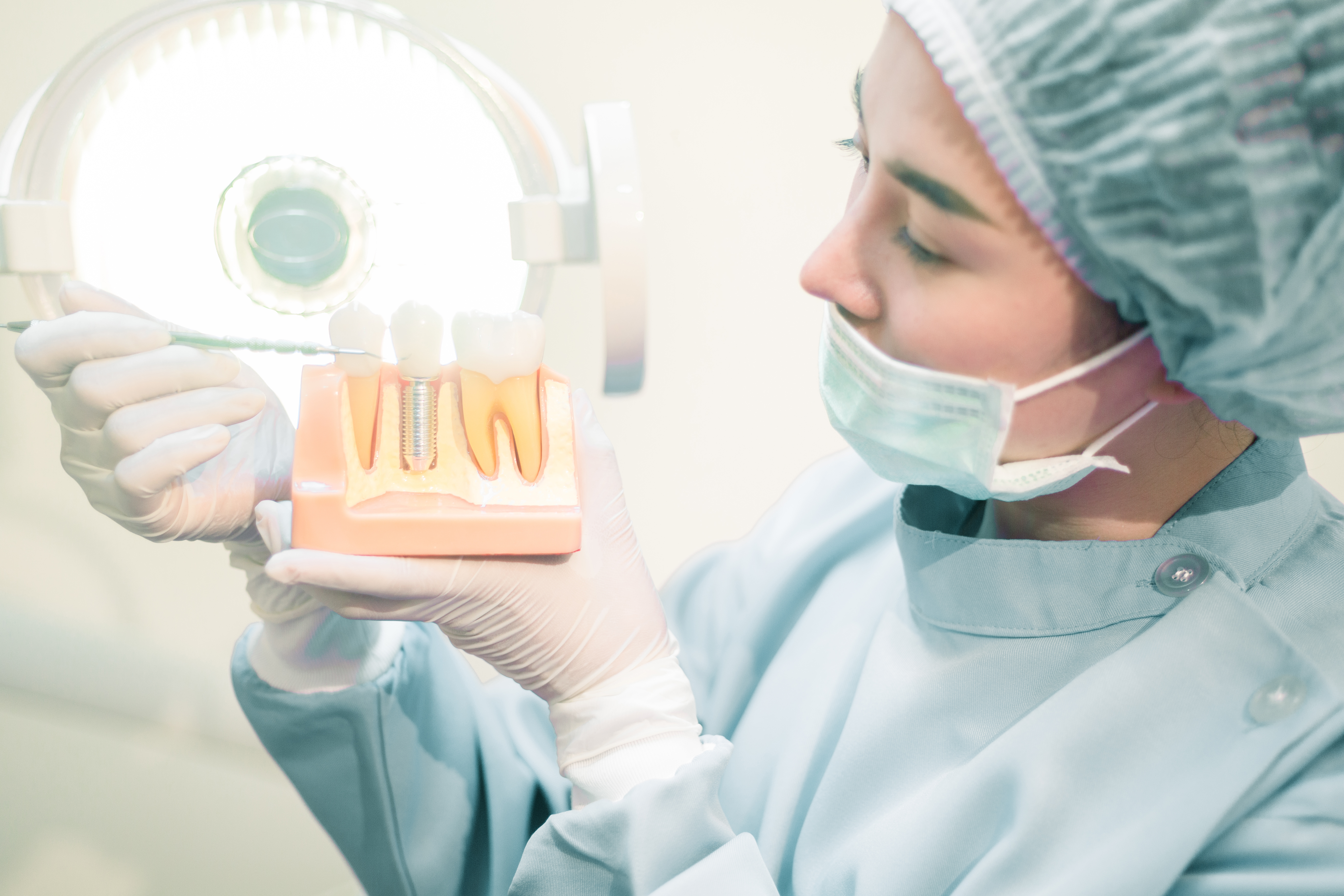
Coronary Artery Bypass Surgery: Procedure, Risks, and Costs
Coronary artery bypass surgery is one method of treating individuals with coronary heart disease under specific circumstances. Coronary artery bypass surgery, also known as coronary artery bypass grafting (CABG), is a surgical procedure performed to treat blocked or narrowed coronary arteries. This is done by creating a new groove or "bypass" around the blockage area using another blood vessel, usually from another part of the body or an artificial vessel.
If you are ready to take charge of your health, learn more about the medical procedure discussed in this article and schedule your appointment today!
What is Coronary Artery Bypass Surgery?
Coronary artery bypass surgery (CABG) is performed to treat coronary heart disease. To increase blood flow and oxygen delivery to the heart, it reroutes blood around constricted or obstructed areas of the main coronary arteries.
Like all other organs in the body, the heart requires blood to flow continuously. Two sizable blood vessels, the left and right coronary arteries, supply this.
Over time, the accumulation of fatty deposits known as plaques can cause these arteries to be occluded and harden. Atherosclerosis is the term for this process.
Why Do You Need Coronary Artery Bypass Surgery?
To open up a clogged heart artery and start flowing blood again, coronary artery bypass surgery is performed. If other initial therapies for a heart attack aren't effective, the surgery could be performed as an emergency procedure.
If any of the following apply to you, your doctor may suggest coronary artery bypass surgery:
- A blockage of the left major heart artery. The heart muscle receives a large amount of blood from this artery.
- Severe constriction of the heart's main artery.
- Severe chest pain brought on by cardiac artery constriction. Even when the heart is at rest or very slightly exerted, the constriction decreases blood flow to it.
- You have several damaged heart arteries and poor function of your lower left heart chamber.
- A clogged coronary artery that is unresponsive to coronary angioplasty treatment. This less invasive procedure widens the artery by using a balloon at the end of a narrow tube known as a catheter. Usually, a stent—a tiny coil—is utilized to maintain the artery open.
- An unsuccessful angioplasty, whether or not a stent is used. For instance, following stenting, an artery narrowed once more.
What Happens Before Coronary Artery Bypass Surgery?
Before coronary artery bypass surgery gets started, you need to find a reputable hospital. After that, you will have a first meeting with your surgeon before your surgery.
You will have the chance to discuss and ask questions during this discussion about what to do before and after surgery to help you have the best possible outcome. This includes:
- Medications. Before the procedure, your doctor will review your medications. They will also advise you on which medications to continue taking and which ones to quit (as well as when to stop). Sometimes, they may start you on new meds or switch you to others.
- What to prepare for surgery. You can get resources and information from your healthcare practitioner regarding how to get ready for the surgery. This involves understanding the kind of assistance you'll require at home, what to eat and what not to do after the process, what essentials you'll need at home, and more.
- What to anticipate following surgery. Your healthcare practitioner will also supply you with resources and information outlining what to anticipate throughout your recuperation. This covers things like how long it will take to heal, how you'll probably feel, potential symptoms, and more.
You will need to have several tests done before undergoing CABG to determine whether the procedure is safe for you to have and whether you need it.
Some of the possible tests are, but are not restricted to:
- Cardiogram (also known as ECG or EKG).
- Echocardiography.
- Test your stress with exercise.
- Stress test on the heart using nuclear energy.
- Catheterization of the heart.
- Computed tomography (CT) scan angiography or X-ray angiography.
- Calcium scan of the heart.
- Lab tests that examine your blood sugar, cholesterol, and other parameters include complete blood counts. Urine tests that evaluate kidney function are among the different tests that might be performed.
Coronary Artery Bypass Surgery (CABG) Procedures
Hospitalization is necessary for coronary artery bypass graft surgery. Depending on your situation and your doctor’s methods, the procedure could change.
In general, a surgeon makes a large incision along the breastbone that runs down the middle of the chest. To reveal the heart, the surgeon spreads open the rib cage. After the chest is opened, the heart is momentarily stopped with medication, and the heart-lung apparatus is activated.
A healthy blood vessel segment is excised by the surgeon, usually from the lower leg or the chest wall. A graft is a section of healthy tissue. The ends of the graft are attached by the surgeon beneath the clogged heart artery. This opens up a fresh channel for blood to pass through an obstruction. During coronary artery bypass surgery, many grafts may be used.
How Long Does Coronary Artery Bypass Surgery?
Typically, coronary artery bypass surgery lasts between three and six hours. The number of blocked arteries determines the length of the operation.
After the procedure, the medical staff in the operating room will restart your heartbeat and turn off the heart-lung machine. The surgeon closes the chest bone with wire. After the bone heals, the wire remains inside your body.
What are The Risks of Coronary Artery Bypass Surgery?
Like all medications and other medical procedures, coronary artery bypass surgery has some risks and possible side effects. Even though most of these risks and impacts can be prevented or treated, it's critical to understand them.
Any possible risks:
- Irregular heartbeats.
- Bleeding during and after surgery.
- Blood clots may result in lung issues, heart attacks, or strokes.
- Infection at the site of the incision.
- A case of pneumonia
- Breathing issues.
- Pancreatitis.
- Kidney failure.
- The graft’s failure.
- Death.
What Can You Expect After Coronary Artery Bypass Surgery?
Following coronary artery bypass surgery, you are monitored and made to feel as comfortable as possible by healthcare providers.
Following surgery, you will be transferred to the intensive care unit (ICU) for close monitoring. Machines will continuously show your oxygen level, breathing rate, blood pressure, various pressure data, and the trace of your electrocardiogram (ECG).
After coronary artery bypass grafting (CABG), patients must spend a minimum of several days in the hospital. When you wake up, you can feel achy and dizzy.
Before you are stable enough to breathe on your own, a ventilator (breathing machine) will most likely place a tube in your throat to assist with breathing. Your doctor can change your breathing equipment so that you can perform more breathing on your own once you begin to come out of the anesthesia. Your doctor will take out the breathing tube when you are conscious enough to breathe all by yourself and when you can cough.
After a CABG procedure, the surgical incision may be uncomfortable or tender for a few days. If you're feeling sore, take a pain reliever as directed by your physician. Aspirin or some other pain relievers may worsen bleeding. Make sure you only take medications as prescribed.
Your physician may administer medication by IV to treat heart problems, blood pressure, and bleeding issues. He or she will progressively reduce and eventually discontinue these medications as your situation stabilizes.
Once your doctor removes the stomach and breathing tubes and you are stable, you can begin drinking liquids. As you get stronger, you can gradually add more solid foods.
Once your doctor says you're ready, you will be transferred from the intensive care unit (ICU) to a post-surgical nursing unit. There, your recovery will continue. As you get out of bed and move around longer, you can progressively raise your activity level. As soon as you can handle solid foods, you can eat them.
Your care team member will make plans for you to return home and make an appointment for a follow-up visit with your physician.
How Much CABG at Bali International Hospital?
The estimated average coronary artery bypass surgery cost in Indonesia is Rp 150.000.000.
At Bali International Hospital, we believe that wellness is unrivaled in healing your body, mind, and soul. Hence, as one of the centers of excellence, our cardiology center at Bali International Hospital is committed to prioritizing your aesthetics by offering comprehensive assessments and treatments.
Our services include preventive care, early detection, diagnostics, and treatment of a wide range of cardiology problems with unparalleled expertise and cutting-edge medical technology right in the heart of Bali.
Take the first step towards better health. Let’s book Bali International Hospital now!
Related Articles

Mole surgery is a safe procedure with a relatively high success rate. What preparations are needed ...

Kidney stones (nephrolithiasis) are hard objects formed from chemicals in the kidneys. Once formed, the stone ...

Dental implants can be an excellent solution for replacing damaged or lost adult teeth. Before deciding ...

